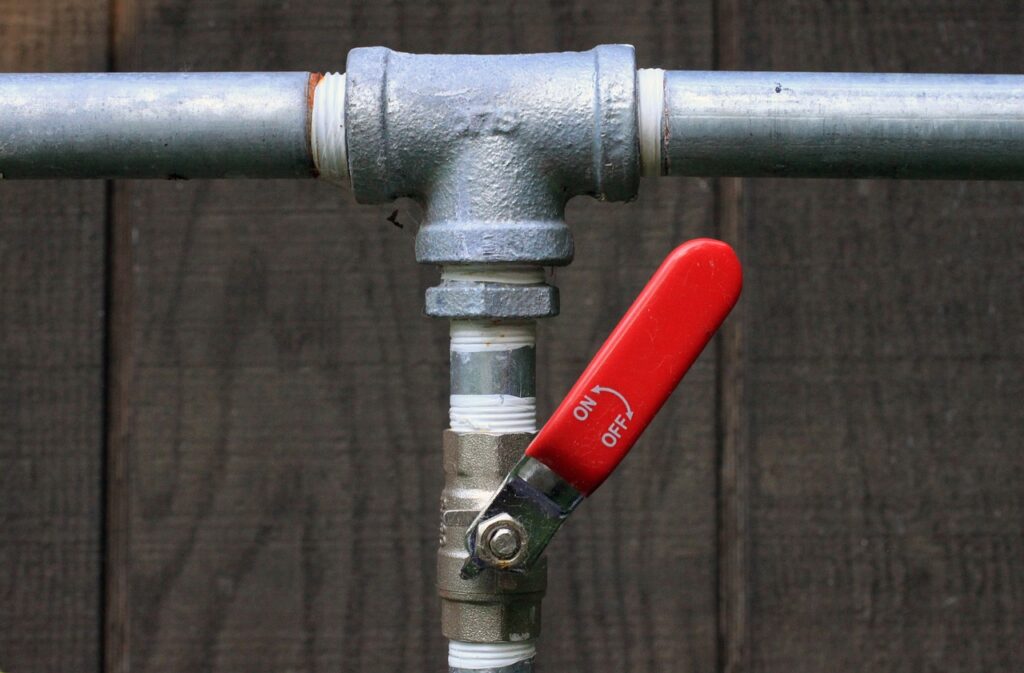There is a good chance that you have heard the terms soft water and hard water is thrown around a lot. Hard water is simply water that contains higher amounts of minerals like magnesium and calcium than soft water.
Hard water isn’t inherently dangerous to drink, and some people even prefer it. However, if the water in your city or state is hard, many homeowners may consider it a nuisance. As a result, many people will turn to Water Softeners in New Albany to soften up their water.
But what are the problems with having hard water in your home? What sorts of things is it capable of doing? Read on to find out.
It Can Make Cleaning Less Effective
One of the main drawbacks of having hard water is that it can make your cleaning efforts less effective. The reason for this is that the minerals in hard water can often prevent water from mixing well with detergents and cleaners, leaving soap scum everywhere.
This makes doing laundry and cleaning your home much less effective with hard water than with soft. In addition to cleaning our homes and clothes, hard water is also less effective at cleaning our bodies. It doesn’t get rid of soap well and can be irritating.
Add the fact that it can be bad for our skin, and it is easy to see why many people prefer soft water in their homes.

Hard Water Can Damage Your Plumbing
The fact that hard water damages your plumbing can also be a major drawback associated with it. The magnesium and calcium in hard water can harden when exposed to things like heat or oxygen. This leaves behind a hard chalky substance that can easily get stuck not only to your pipes, but also to your water heater.
Over time, this can damage these, and decrease their lifespan dramatically. This scaling can continue to build up inside your pipes or heater until catastrophic damage begins to occur. You might not notice any ill effects immediately, and this damage can take a long time to materialize, but it will almost certainly happen at one time or another if you have hard water in your home.
Fixing or repairing your plumbing can be incredibly expensive, so it is a good idea to get the damage repaired or dealt with before it becomes too late.
Hard Water is Less Efficient
Today, many people are trying to live as efficiently as possible. They use green solutions when they can, buy efficient appliances, and generally try to be eco-friendly in all aspects of their life. Some do it to help the environment, but living efficiently also has the potential to help you save money, too.
Unfortunately for many, hard water is also quite inefficient when compared to soft. As the scaling continues to develop inside appliances, they will become more and more inefficient, costing you more and more every month. This is often due to the connections within these appliances that transport water getting clogged, thus reducing how much water can be pushed through at a time.
This makes them work much harder, and they develop to deteriorate faster due to more wear and tear. Also, hard water will cost more to heat than soft water will. These costs may be small when looked at individually, but can certainly add up over time.
In conclusion, we hope that this guide has been able to highlight the drawbacks of having hard water in your home, and why you should consider soft water.


